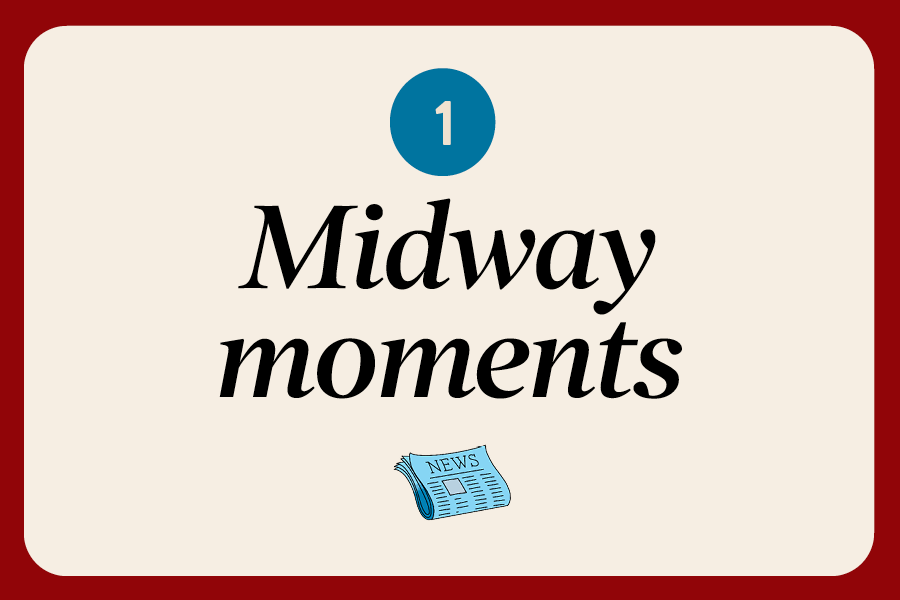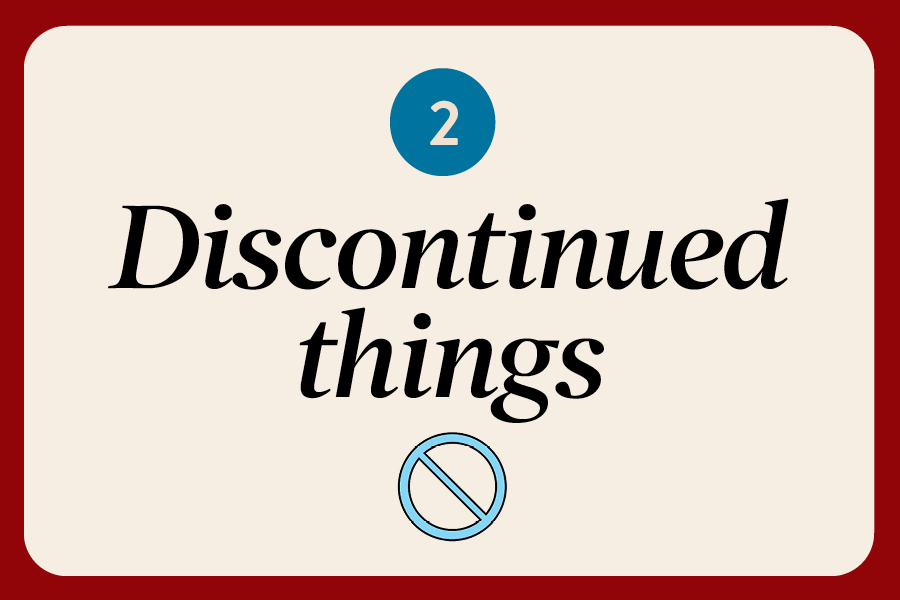In crowded school hallways across the country, students huddle around phones, laughing over TikTok trends and memorizing the latest dances. For people of all ages, TikTok has become more than just entertainment — it’s a way to connect, express creativity and engage with perspectives across the world. As the U.S. government moves closer to forcing Chinese company ByteDance to sell the app, users and creators have come to see it as an unconstitutional overreach driven by unfounded fears of China’s data collection.
This proposed ban goes against free speech and sets a dangerous precedent for the U.S. government’s control over digital platforms. In a time where digital connection and freedom of expression are more important than ever, silencing a platform like TikTok sends a dangerous message that fear can outweigh freedom.
First proposed in August 2020, then-President Donald Trump issued an executive order to ban the company unless sold to the U.S.-based organization. The justification centered around national security, as President Trump claimed that TikToks’s data collection would be used by the Chinese government to harm the United States. While little hard evidence has been shared publicly, U.S. lawmakers seem to be convinced that the app is a threat to our national security. The Supreme Court upheld the law forcing the sale. After its short-lived shut down on Jan. 19, the app was quickly restored to users, displaying a message which thanked Mr. Trump for his role in delaying the ban the day before his second inauguration. It was unavailable in app stores until being restored on Feb. 13.
While forcing the sale of the app seems like nothing more than digital censorship dressed up as a national security concern, it’s crucial to recognize the absurdity of the praise Mr. Trump has received for his role in the ban. Applauding someone for “giving back” what they wanted to take away normalizes the manipulation of public opinion by government officials.
Beyond the political gain stemming from the forced sale, it also raises questions about the glaring double standard with U.S.-based companies like Google and Meta. These tech giants have far worse track records when it comes to data misuse, begging the question of why lawmakers have chosen not to target them.
In its entirety, TikTok has become more than just an app. It’s a stage for artists, a megaphone for activists, a small business marketplace and a platform for millions of voices. If this ban happens, it will set the stage for more government control over digital spaces. This fight is about free speech and a resistance to the fear-driven politics crowding the U.S. government.






















































